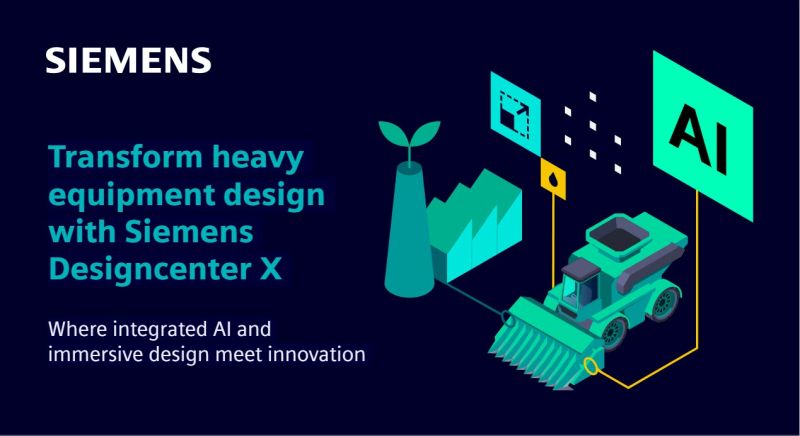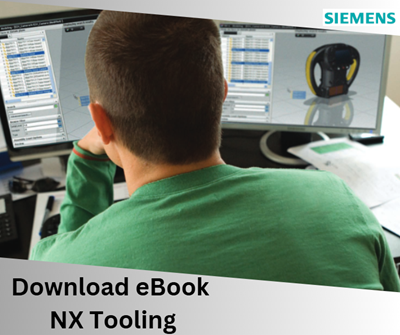TROY, MI, USA, Jul 13, 2021 – Altair Engineering India Pvt Ltd (Nasdaq: ALTR), a global technology company providing solutions in simulation, high-performance computing (HPC), and artificial intelligence (AI), announced its collaboration with the Indian Institute of Technology Madras (IITM), a premier education Institute in Chennai, India, to add the Shakti processor to the support portfolio of Altair Embed.

The Shakti processor – India’s first indigenous RISC-V processor – is the result of an initiative backed by the Ministry of Electronics and Information Technology, Government of India, and Pratap Subrahmanyam Centre for Digital Intelligence and Secure Hardware Architecture to promote indigenous development of products that offer best-in-class security and visibility for users adopting the RISC-V technology.
For more than 30 years, Altair Embed has been a proven tool for model-based firmware development of embedded systems, including motor control, Internet of Things (IoT) devices, and vision systems. It provides a visual environment to build and validate reliable embedded systems via simulation or hardware-in-the-loop (HIL). It helps users iterate code faster and improve system efficiency, giving confidence that embedded systems are production ready.
Shakti processors are industrial-grade processors aimed at embedded applications, robotic controllers, and IoT boards. By supporting Shakti processors, Altair Embed broadens its presence in developing embedded firmware for internet-connected devices.
Key features in Embed include:
- Extensive hardware support – Embed supports more than 1200 microcontrollers and processors from leading vendors, including Texas Instruments™, STMicroelectronics®, Arduino®, and Raspberry Pi™. Embed includes a visual RTOS with interrupt-driven device drivers for UART, I2C, CAN, and more.
- Automatic C code generation – Embed greatly speeds embedded development by combining off-line testing with automatic C code generation using the same diagram. Users can develop complex, time critical applications with no C coding knowledge. The code Embed generates is highly optimized and performs within 4 percent of expert hand code.
- Combine data flow and UML state chart logic – Embed lets users add state chart decision logic anywhere within a block diagram and easily exchange data between the state chart and the continuous portion of a diagram. It also allows users to interactively simulate a diagram or generate code to run on an embedded target. Additionally, the continuous portion of the block diagram can control state chart execution.
- Availability via Altair Units – Altair’s flexible subscription model allows companies to pay only for what they need, when they need it.
“Altair believes that collaboration with academic institutions is a powerful and effective tool to advance technological initiatives. We have been following the open-source RISC V architecture for some time and it’s exciting to see Dr. Kamakoti and IIT Madras make such creative use of it,” said Peter Darnell, chief scientist at Altair. “It’s been a pleasure working with Prof. Kamakoti’s team.”
“It was exciting to build an indigenous processor from scratch and more exciting to take it to a production level. It was largely a student-driven effort backed by industry veterans who dedicate themselves to the project never-minding a large pay cut” said Prof. Kamakoti, Department of Computer Science and Engineering, IIT Madras.
A free trial of Embed is available at https://marketplace.altairone.com/Marketplace and more information can be found at https://www.altair.com/embed/.
About Altair (Nasdaq: ALTR)
Altair is a global technology company that provides software and cloud solutions in the areas of simulation, high performance computing (HPC) and artificial intelligence (AI). Altair enables organizations across broad industry segments to compete more effectively in a connected world while creating a more sustainable future. To learn more, please visit www.altair.com.
About IIT Madras
Indian Institute of Technology Madras (IITM) was established in 1959 by the Government of India as an ‘Institute of National Importance.’ The activities of the Institute in various fields of Science and Technology are carried out in 16 academic departments and several advanced interdisciplinary research academic centres. The Institute offers undergraduate and postgraduate programmes leading to B.Tech., M.Sc., M.B.A., M.Tech., M.S., and Ph.D., degrees in a variety of specialisations. IITM is a residential institute with more than 580 faculty and 9,500 students. Students from 18 countries are enrolled here. IITM fosters an active entrepreneurial culture with strong curricular support and through the IITM Incubation Cell.
IITM has been ranked No.1 in the ‘Overall’ Category for the second consecutive year in India Ranking 2020 released by National Institutional Ranking Framework, Ministry of Education, Govt. of India. The Institute has also been ranked No.1 in the ‘Engineering Institutions’ category in the same Rankings for five consecutive years – 2016, 2017, 2018, 2019 and 2020. It was also adjudged as the ‘Top innovative Institution’ in the country in Atal Ranking of Institutions on Innovation Achievements (ARIIA) in 2019 and 2020. ARIIA Ranking was launched by the Innovation Cell of Ministry of Education.
For more information, visit https://www.iitm.ac.in.


